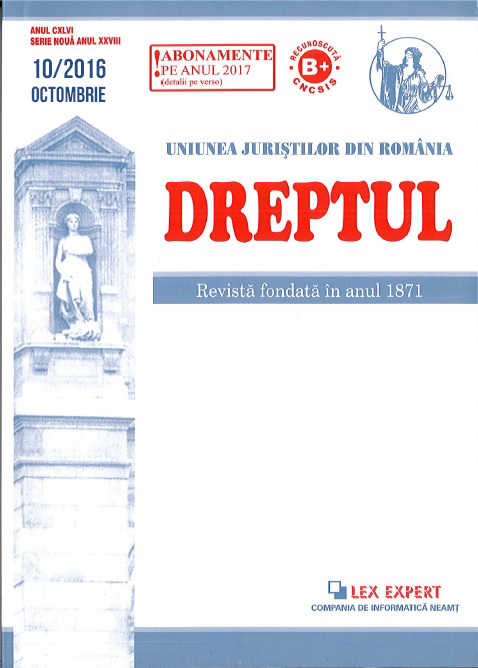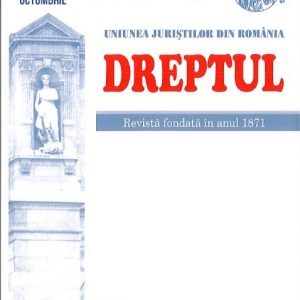The philosophical inquiry of law, unlike the positive legal sciences, is concerned to find answers and arguments as nuanced and deep as possible to questions and issues such as: the origin and meanings of the law and of the legal phenomenon, the legitimacy of the legal norms or the finality of law. This analysis, mostly philosophical, is not a simple rational exegesis, but it also has a practical importance since, depending on the answers and the solutions adopted, there can be formulated, interpreted and applied the principles of law, as well as the concrete, positive legal norms and, mostly, there can be understood the complex relationships between man and society, on the one hand, and, on the other hand, it can be better known the legal system in its unity or in its historical determinations and configurations. In this study we summarize the historical evolution of the main theories and conceptions on the origin, meanings and finality of law, as ideological subsystem. Arguments are brought in favour of the topicality and importance of jusnaturalist theories (of the natural law), because, in relation to man and to rationality, they best explain the unity and stability of the law not only as normative system, but rather as value and rational reality, which, by establishing some rights inherent to the human being, intangible, rational and inalienable rights, proves the atemporality of law, as expression of some rational paradigms valid in all times and which can be distinguished and understood in the historical evolution and fluctuation of the positive law.


